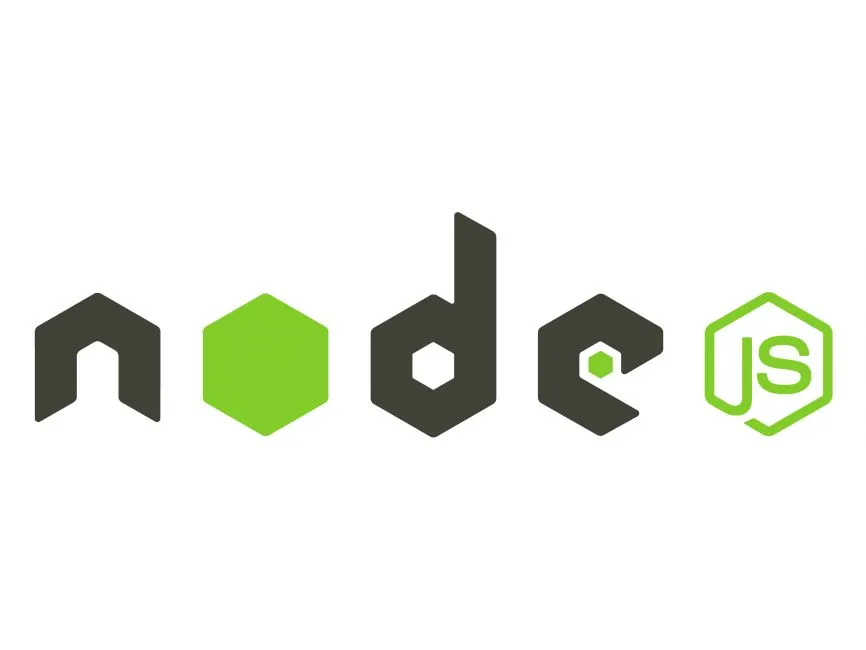Unleashing the Power of Quantum Computing: Revolutionizing Future Innovations
Nischal Adhikari
14, May 2024

Introduction to Quantum Computing
Quantum computing has emerged as a cutting-edge technology with the potential to revolutionize the way we approach complex problems. Unlike classical computing, which relies on binary digits or bits, quantum computing leverages the principles of quantum mechanics to process information using quantum bits or qubits. This allows for exponentially faster computations and opens up new possibilities for solving problems that were previously considered unsolvable.
Understanding the Basics of Quantum Computing
To grasp the power of quantum computing, it is essential to understand the underlying principles. Quantum bits, or qubits, can exist in multiple states simultaneously, thanks to a phenomenon called superposition. This means that a qubit can represent both a 0 and a 1 simultaneously, as opposed to classical bits that can only be in one state at a time. Additionally, qubits can be entangled, meaning their states are correlated and changing the state of one qubit instantaneously affects the state of another, regardless of the distance between them.
The Potential of Quantum Computing in Revolutionizing Various Industries
The potential of quantum computing extends to a wide range of industries. One area that stands to benefit greatly is cryptography. Quantum computers have the ability to break many of the encryption methods currently in use, which could have far-reaching implications for data security. On the other hand, quantum cryptography offers new methods for secure communication, leveraging the principles of quantum mechanics to ensure the privacy and integrity of information.
Another field where quantum computing can make a significant impact is drug discovery. The process of discovering new drugs is incredibly time-consuming and expensive. Quantum computing has the potential to accelerate this process by simulating and analyzing complex molecular interactions, leading to the development of more effective drugs in a fraction of the time.
Quantum computing also holds great promise in solving optimization problems. Many real-world problems, such as logistics optimization or portfolio management, require finding the best possible solution among a vast number of possibilities. Quantum algorithms have the potential to provide optimal solutions much faster than classical algorithms, enabling businesses to make more informed decisions and improve efficiency.
Quantum Computing vs Classical Computing
While classical computing has been the driving force behind technological advancements for decades, it is limited in its ability to solve certain types of problems efficiently. Quantum computing, on the other hand, has the potential to tackle complex problems that are infeasible for classical computers.
Classical computers process information using bits, which can only represent either a 0 or a 1. This limits their ability to handle large amounts of data and perform complex calculations. Quantum computers, with their qubits, can process exponentially more information and perform parallel computations, allowing for the exploration of multiple solutions simultaneously.
Current Advancements and Breakthroughs in Quantum Computing
In recent years, there have been significant advancements and breakthroughs in the field of quantum computing. One notable achievement is the development of reliable qubits. Qubits are notoriously fragile and susceptible to disturbances from the environment. However, researchers have made substantial progress in improving qubit stability and reducing errors, paving the way for more robust quantum computers.
Another major breakthrough is the development of quantum error correction codes. These codes help protect quantum information from errors caused by noise or imperfections in the hardware. By implementing error correction, scientists can ensure the accuracy and reliability of quantum computations, bringing us closer to practical quantum computers.
Applications of Quantum Computing in Fields such as Cryptography, Drug Discovery, and Optimization Problems
The potential applications of quantum computing are diverse and far-reaching. In the field of cryptography, quantum computers have the ability to break widely used encryption methods, such as RSA and elliptic curve cryptography. This poses a significant challenge to data security, and researchers are actively working on developing quantum-resistant encryption algorithms to mitigate this risk.
In drug discovery, quantum computing can revolutionize the process of designing new drugs. By simulating and analyzing complex molecular interactions, quantum computers can speed up the discovery of effective drug candidates, potentially saving countless lives and reducing healthcare costs.
Optimization problems, which are prevalent in various industries, can also benefit from quantum computing. For example, logistics companies can use quantum algorithms to optimize delivery routes, reducing fuel consumption and improving efficiency. Financial institutions can leverage quantum computing to optimize investment portfolios, maximizing returns while minimizing risk.
Challenges and Limitations of Quantum Computing
Despite the immense potential of quantum computing, there are several challenges and limitations that need to be addressed. One major challenge is the issue of qubit stability and coherence. Qubits are highly sensitive to environmental disturbances, and maintaining their quantum states for a sufficiently long period of time, known as coherence time, is crucial for reliable computations. Researchers are actively working on finding ways to extend coherence times and reduce errors.
Another challenge is the scalability of quantum computers. Building large-scale quantum computers with thousands or millions of qubits is a complex engineering problem. The development of scalable, error-tolerant quantum hardware is essential for realizing the full potential of quantum computing.
Quantum Computing in the Future: Predictions and Possibilities
The future of quantum computing holds immense possibilities. As the technology continues to advance, we can expect to see more powerful and efficient quantum computers. This opens up the potential for solving even more complex problems, such as simulating quantum systems, optimizing complex supply chains, and accelerating scientific discoveries.
In the coming years, quantum computers are likely to become more accessible to researchers and developers. Cloud-based quantum computing platforms are already emerging, allowing users to experiment with quantum algorithms and gain hands-on experience. The democratization of quantum computing will foster innovation and drive the development of new applications across various industries.
How to Get Started with Quantum Computing
Getting started with quantum computing may seem daunting, but there are resources available to help beginners explore this exciting field. Online platforms offer introductory courses and tutorials on quantum computing, providing a solid foundation for further learning. Additionally, there are open-source software development kits (SDKs) and quantum simulators that allow users to experiment with quantum algorithms and gain practical experience.
Conclusion: The Impact of Quantum Computing on Future Innovations
Quantum computing has the potential to reshape the future of innovation across multiple industries. From cryptography to drug discovery and optimization problems, quantum computing offers unprecedented computational power and the ability to solve complex problems efficiently. While there are challenges to overcome, the advancements and breakthroughs in quantum computing are paving the way for a new era of technological advancements. As quantum computers become more accessible, researchers and developers will unlock new possibilities, revolutionizing the way we solve problems and driving innovation forward.


